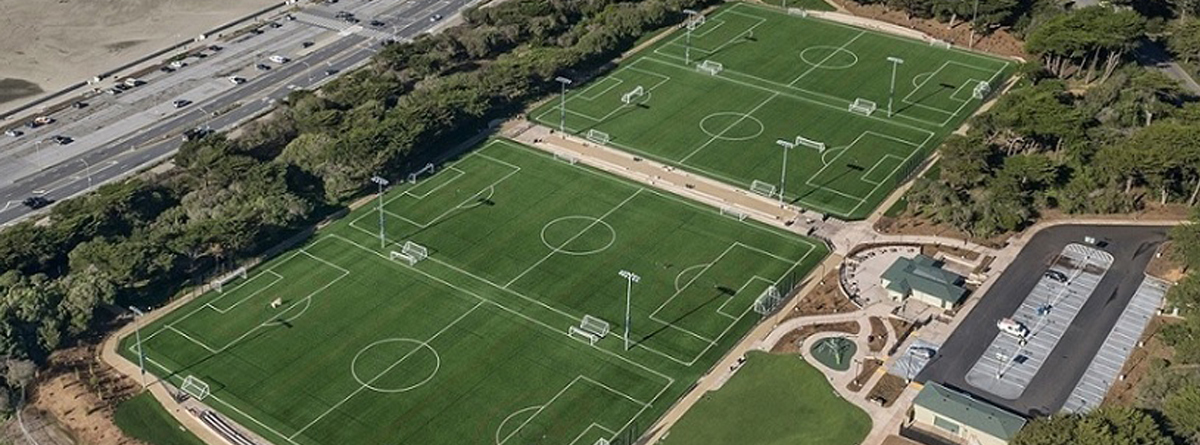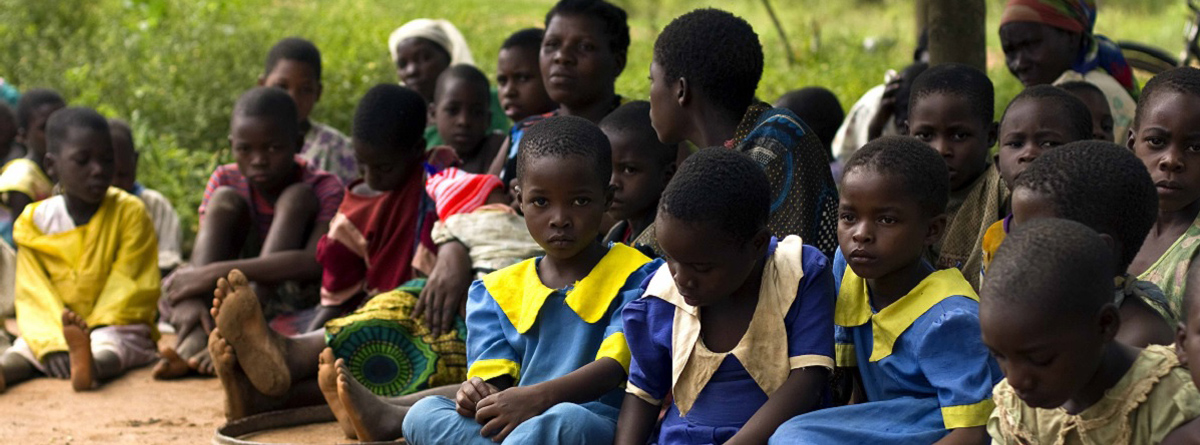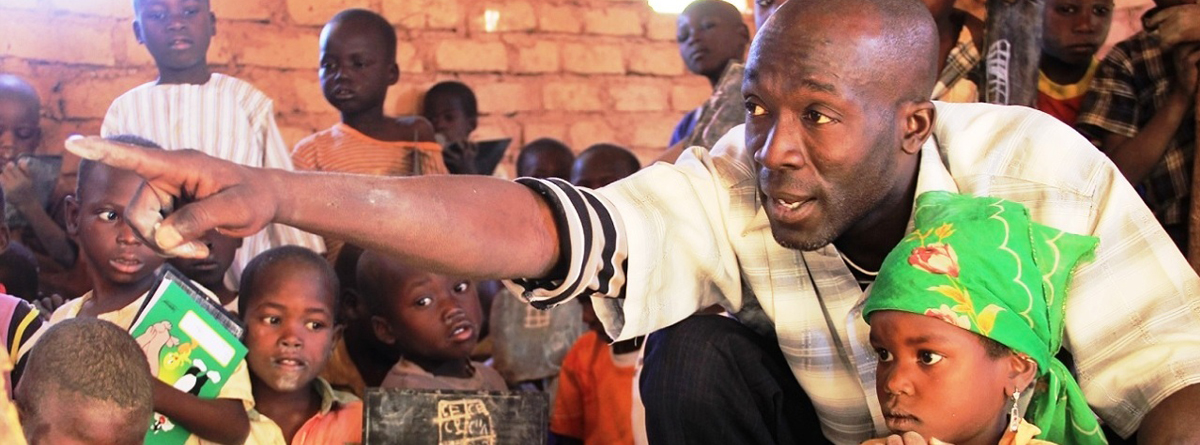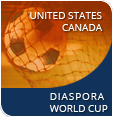
The Diaspora
World Cup
World Cup
|
|
Afghanistan
Columbus - Dublin
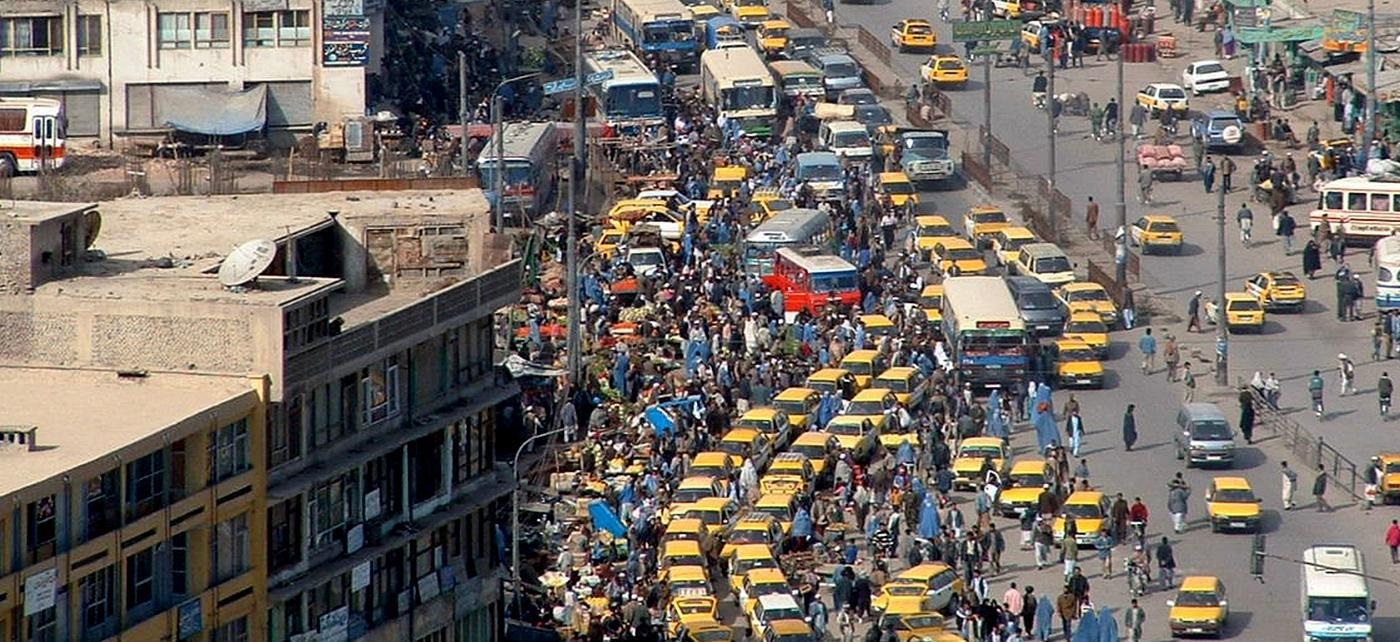
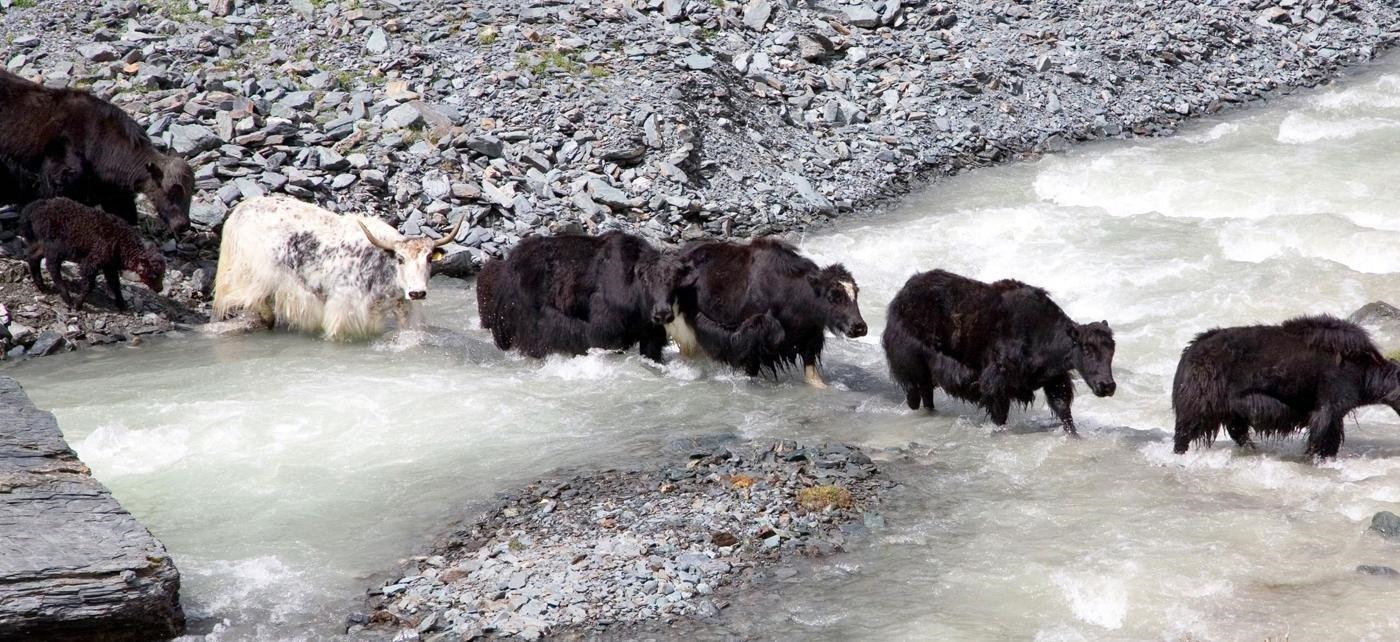
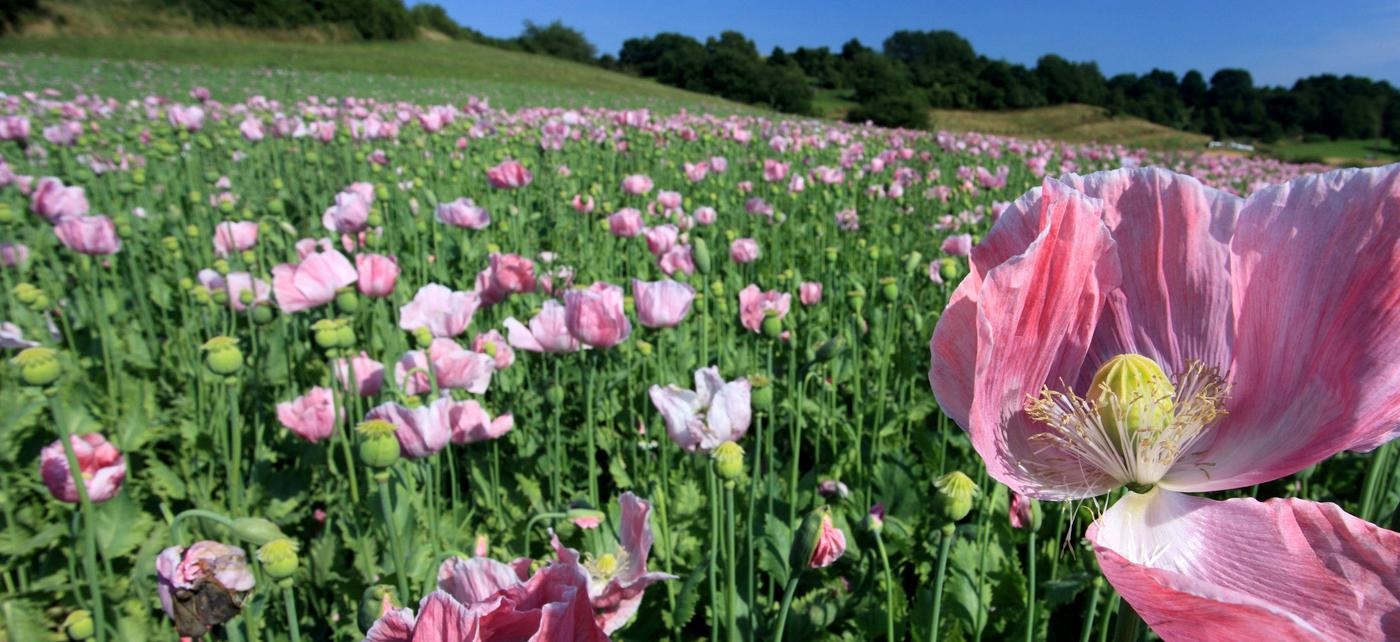
Perfil
Afghanistan, officially the Islamic Republic of Afghanistan is a landlocked country in South and Central Asia. With a population of about 28 million, it has an area of 647,500 km2, making it the 42nd most populous and 41st largest nation in the world. It is bordered by Pakistan in the south and east, Iran in the west, Turkmenistan, Uzbekistan and Tajikistan in the north, and the People's Republic of China in the far northeast. The territory that now forms Afghanistan has been an ancient focal point of the Silk Road and human migration. Archaeologists have found evidence of human habitation from as far back as 50,000 BC. Urban civilization may have begun in the area as early as 5,000 to 8,000 BC.
The political history of modern Afghanistan began in the 18th century with the rise of the Pashtuns, when the Hotaki dynasty rose to power in Kandahar in 1709 followed by Ahmad Shah Durrani's rise to power in 1747. The capital of Afghanistan was shifted in 1776 from Kandahar to Kabul and part of the Afghan Empire was ceded to neighboring empires by 1893. In the 19th century, Afghanistan became a buffer state in the "Great Game" between the British and Russian empires. On August 19, 1919, following the third Anglo-Afghan war and the signing of the Treaty of Rawalpindi, the nation regained control over its foreign policy from the British.
A landlocked mountainous country with plains in the north and southwest, Afghanistan is described as being located within South Asia or Central Asia. It is part of the Greater Middle East Muslim world, which lies between latitudes 29° and 39° N, and longitudes 60° and 75° E. The country's highest point is Nowshak, at 7,485 m (24,557 ft) above sea level. It has a continental climate with very harsh winters in the central highlands, the glaciated northeast and the Wakhan Corridor, where the average temperature in January is below −15 °C (5 °F), and hot summers in the low-lying areas of the Sistan Basin of the southwest, the Jalalabad basin in the east, and the Turkistan plains along the Amu River in the north, where temperatures average over 35 °C (95 °F) in July.
The two official languages of Afghanistan are Pashto (since 1936) and Dari Persian (since 1964). Both are Indo-European languages from the Iranian languages sub-family. Persian has always been the prestige language and as the main means of inter-ethnic communication it has maintained its status of lingua franca. Persian is the native tongue of various Afghan ethnic groups including the Tajiks, Afghanistan's second largest ethnic group, the Hazara, Aimak and Kizilbash. Pashto is the native tongue of the Pashtuns, the single largest ethno-linguistic group within Afghanistan. Other languages, such as Uzbek, Arabic, Turkmen, Balochi, Pashayi and Nuristani languages (Ashkunu, Kamkata-viri, Vasi-vari, Tregami and Kalasha-ala), are used as native tongue by minority groups across the country and have official status in the regions where they are widely spoken. Minor languages also include Pamiri (Shughni, Munji, Ishkashimi and Wakhi), Brahui, Hindko, Kyrgyz, etc. A fair number of Afghans can also speak and understand Urdu, Punjabi, Hindi and English.
Over 99% of the Afghan population is Muslim: approximately 80–85% follows the Sunni sect, 15–19% are Shi'a, and 1% other. Until the 1890s, the region around Nuristan was known as Kafiristan (land of the kafirs) because of its inhabitants: the Nuristanis, an ethnically distinctive people who practiced animism, polytheism and shamanism. Other than Muslims, there are tiny communities of Hindus and Sikhs found in the four major cities of the country. They number in the thousands.[213][214] There was also a small Jewish community in Afghanistan who emigrated to Israel and the United States by the end of the last century, and only one individual by the name of Zablon Simintov remains today
Last Update: August 2011.
The political history of modern Afghanistan began in the 18th century with the rise of the Pashtuns, when the Hotaki dynasty rose to power in Kandahar in 1709 followed by Ahmad Shah Durrani's rise to power in 1747. The capital of Afghanistan was shifted in 1776 from Kandahar to Kabul and part of the Afghan Empire was ceded to neighboring empires by 1893. In the 19th century, Afghanistan became a buffer state in the "Great Game" between the British and Russian empires. On August 19, 1919, following the third Anglo-Afghan war and the signing of the Treaty of Rawalpindi, the nation regained control over its foreign policy from the British.
A landlocked mountainous country with plains in the north and southwest, Afghanistan is described as being located within South Asia or Central Asia. It is part of the Greater Middle East Muslim world, which lies between latitudes 29° and 39° N, and longitudes 60° and 75° E. The country's highest point is Nowshak, at 7,485 m (24,557 ft) above sea level. It has a continental climate with very harsh winters in the central highlands, the glaciated northeast and the Wakhan Corridor, where the average temperature in January is below −15 °C (5 °F), and hot summers in the low-lying areas of the Sistan Basin of the southwest, the Jalalabad basin in the east, and the Turkistan plains along the Amu River in the north, where temperatures average over 35 °C (95 °F) in July.
The two official languages of Afghanistan are Pashto (since 1936) and Dari Persian (since 1964). Both are Indo-European languages from the Iranian languages sub-family. Persian has always been the prestige language and as the main means of inter-ethnic communication it has maintained its status of lingua franca. Persian is the native tongue of various Afghan ethnic groups including the Tajiks, Afghanistan's second largest ethnic group, the Hazara, Aimak and Kizilbash. Pashto is the native tongue of the Pashtuns, the single largest ethno-linguistic group within Afghanistan. Other languages, such as Uzbek, Arabic, Turkmen, Balochi, Pashayi and Nuristani languages (Ashkunu, Kamkata-viri, Vasi-vari, Tregami and Kalasha-ala), are used as native tongue by minority groups across the country and have official status in the regions where they are widely spoken. Minor languages also include Pamiri (Shughni, Munji, Ishkashimi and Wakhi), Brahui, Hindko, Kyrgyz, etc. A fair number of Afghans can also speak and understand Urdu, Punjabi, Hindi and English.
Over 99% of the Afghan population is Muslim: approximately 80–85% follows the Sunni sect, 15–19% are Shi'a, and 1% other. Until the 1890s, the region around Nuristan was known as Kafiristan (land of the kafirs) because of its inhabitants: the Nuristanis, an ethnically distinctive people who practiced animism, polytheism and shamanism. Other than Muslims, there are tiny communities of Hindus and Sikhs found in the four major cities of the country. They number in the thousands.[213][214] There was also a small Jewish community in Afghanistan who emigrated to Israel and the United States by the end of the last century, and only one individual by the name of Zablon Simintov remains today
Last Update: August 2011.
País Ubicación


